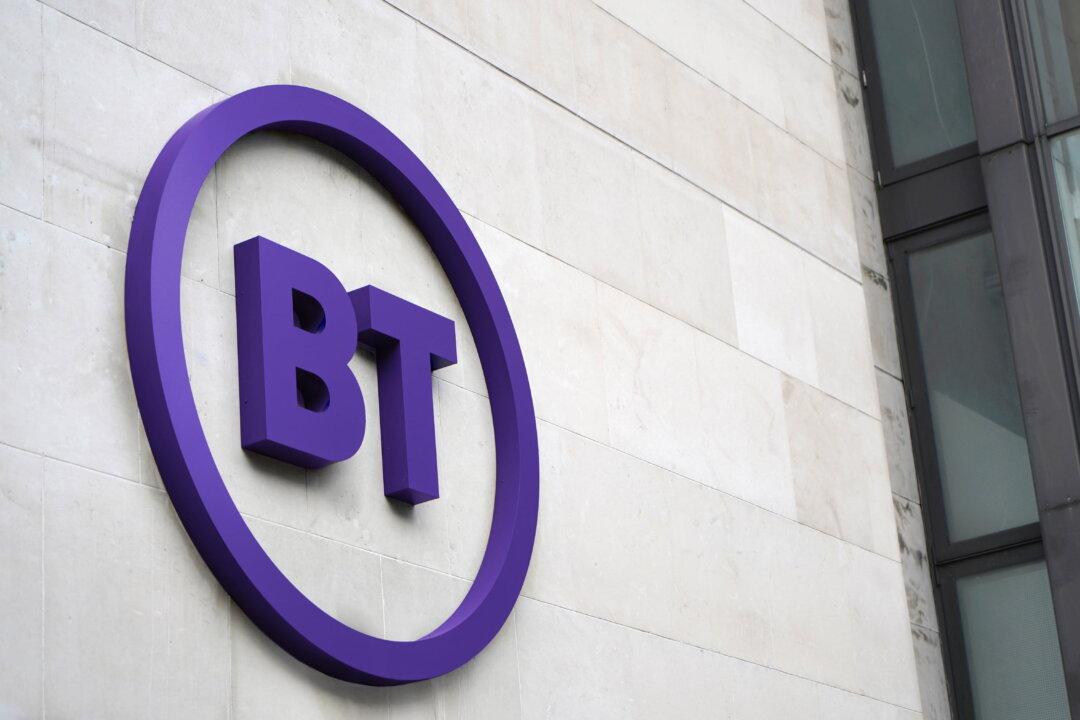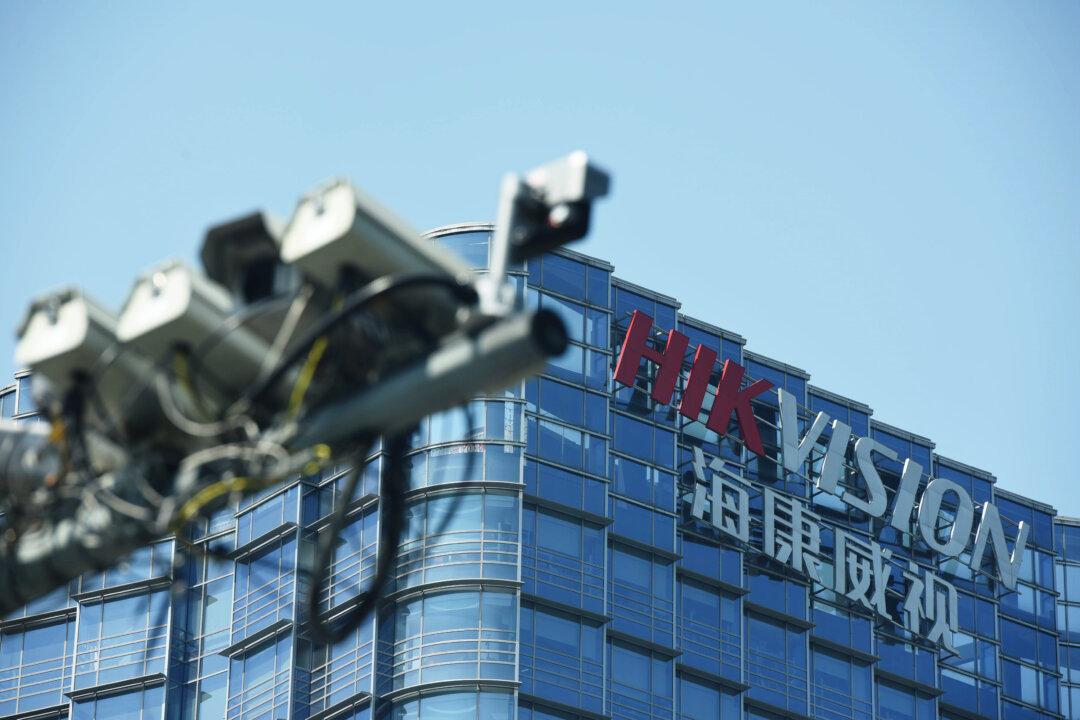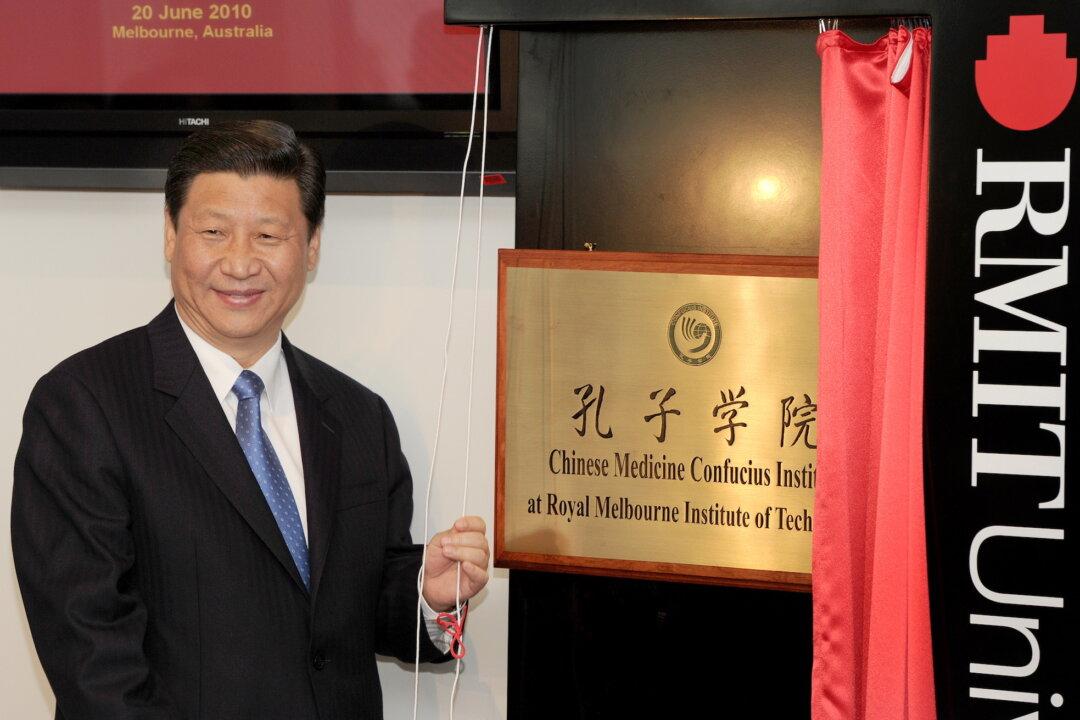The UK government is to deploy new “call in” laws to investigate the national security risks from the French telecoms group Altice’s 18 percent holding in BT.
The probe—ordered by Business Secretary Kwasi Kwarteng—comes just weeks before the investment vehicle controlled by French billionaire Patrick Drahi, 58, is allowed to make a takeover bid for the prized national asset.




